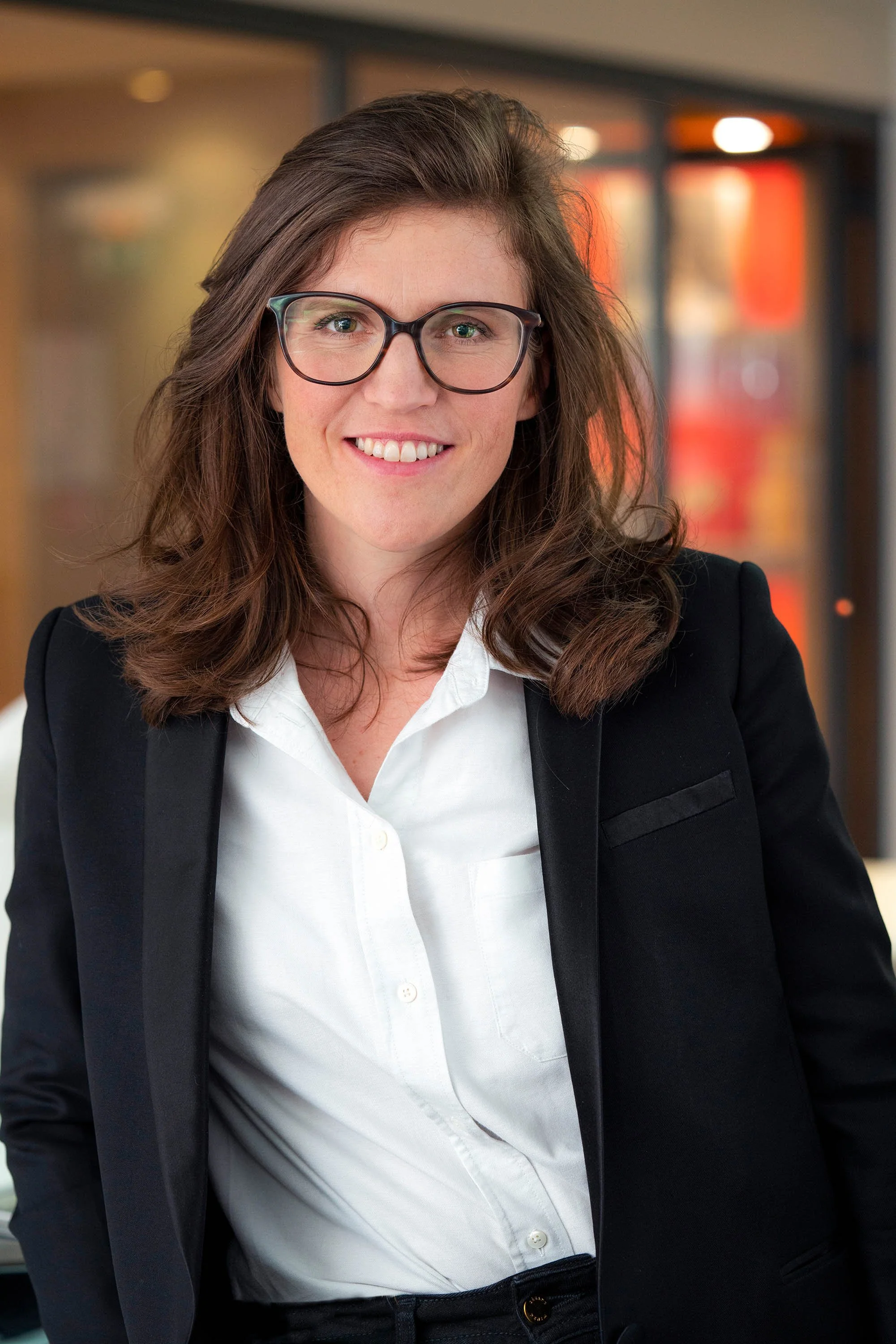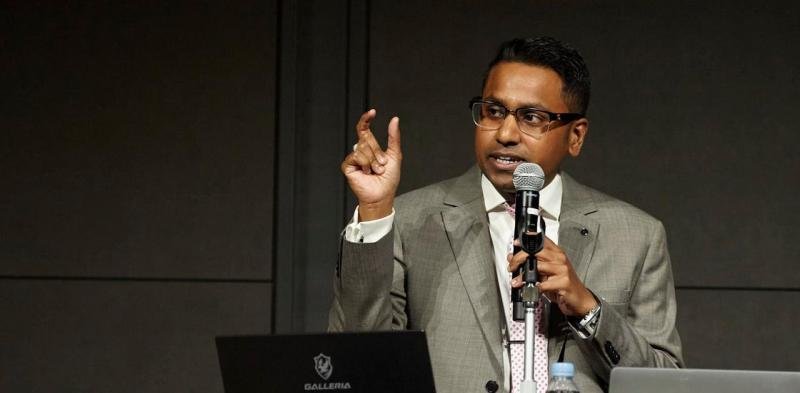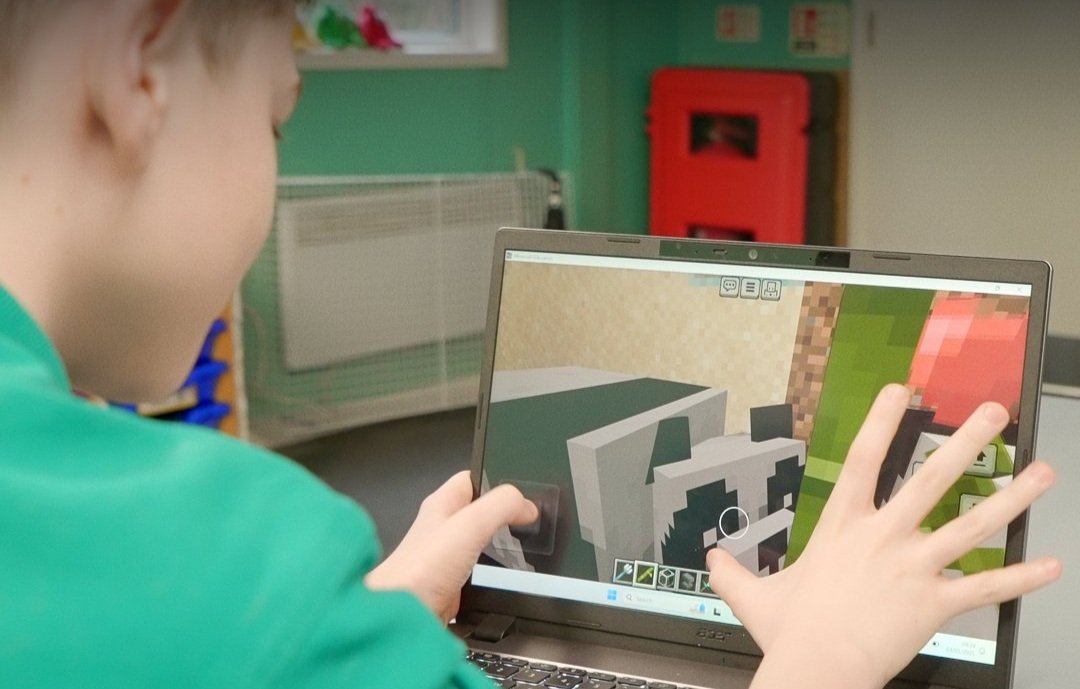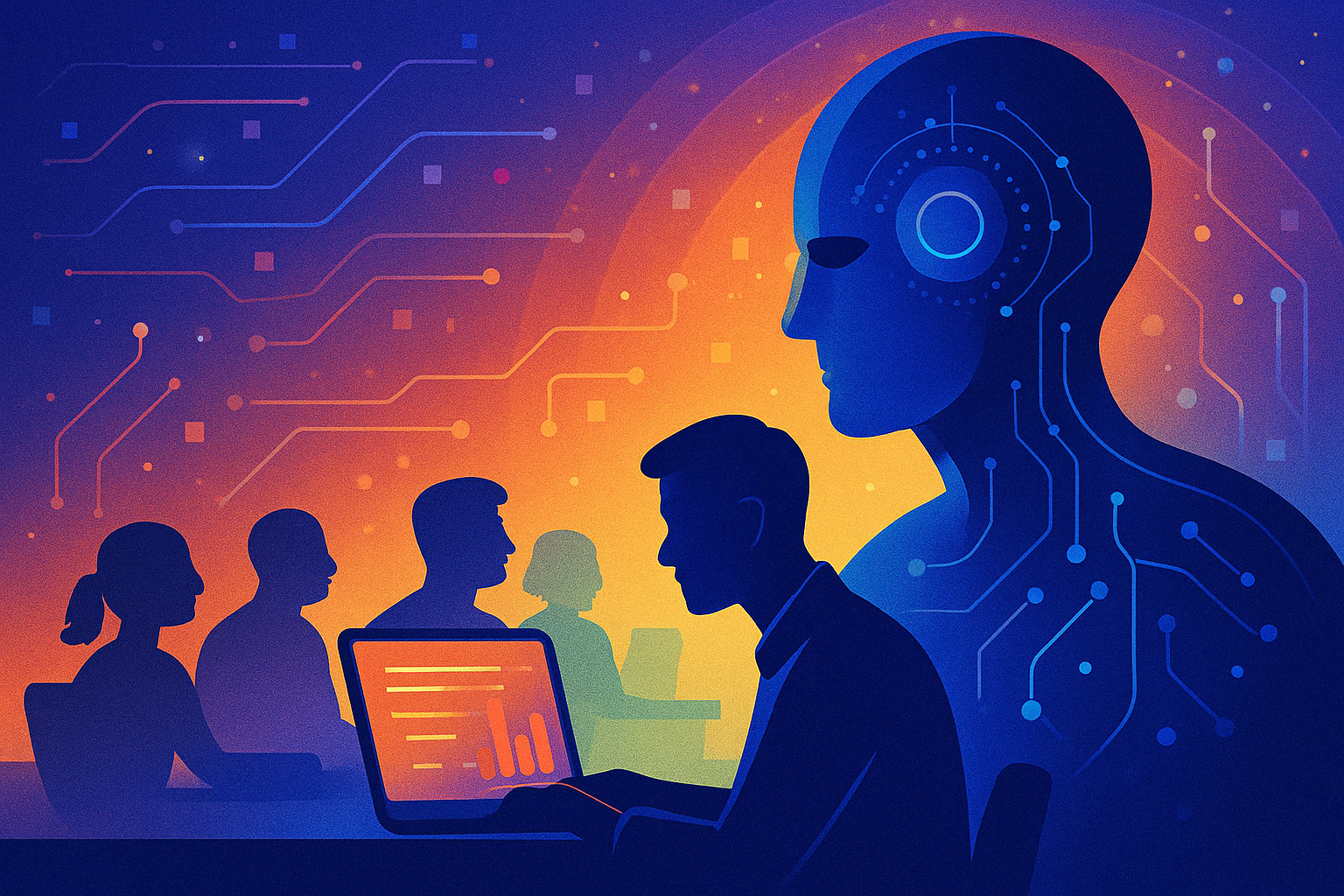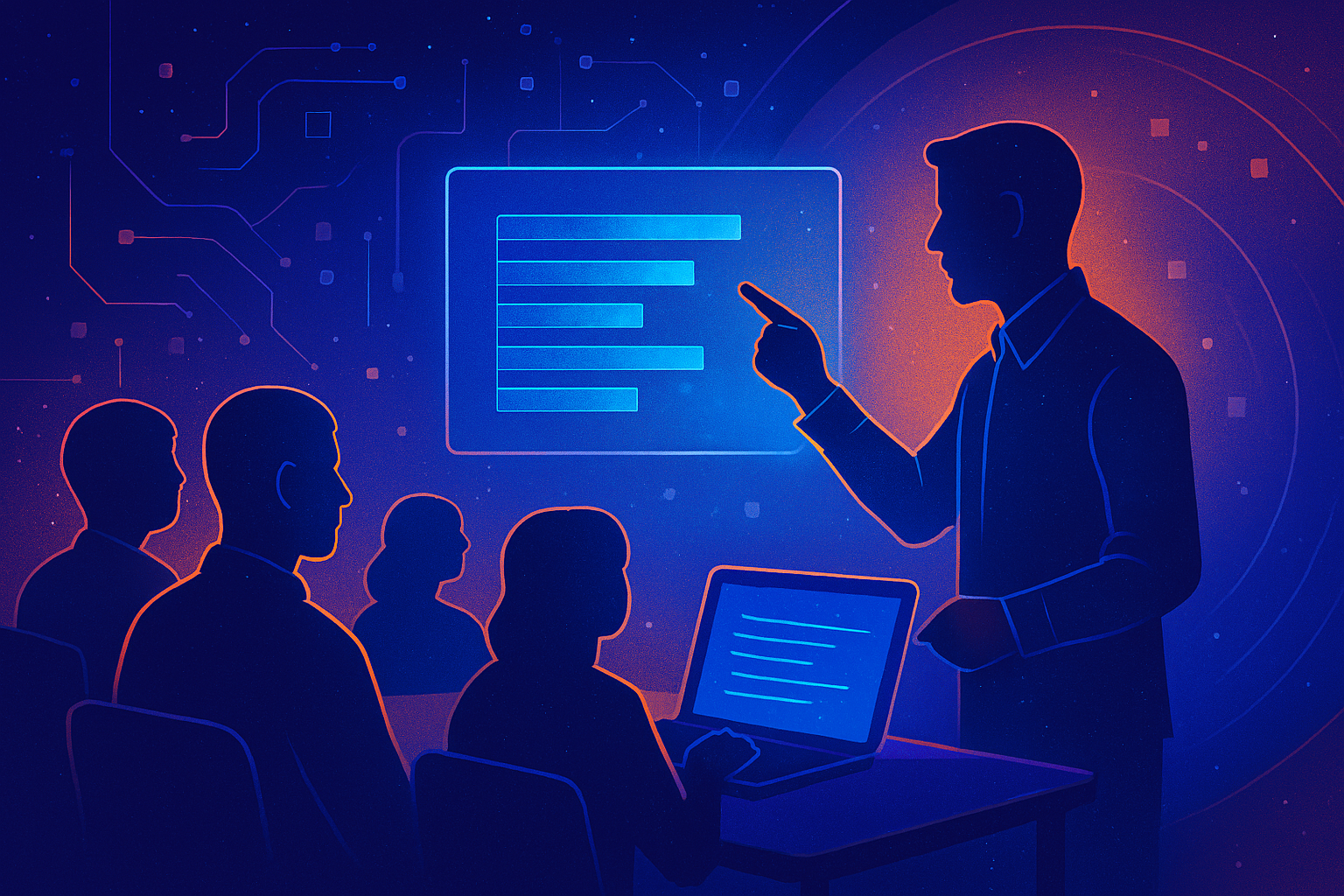Stirring up innovation: École Ducasse blends AI into culinary training
In an exclusive for ETIH, Elise Masurel, Managing Director of École Ducasse, delves into how the institution, known for its cutting-edge approach to gastronomy, is integrating Artificial Intelligence into its training programmes for future chefs.
Since its creation in 1999, École Ducasse has distinguished itself by its avant-garde approach to gastronomy. Under the visionary impetus of its founder, Chef Alain Ducasse, the institution has consistently sought to push the frontiers of the culinary arts.
It is now distinguishing itself with the introduction of an unprecedented initiative: the integration of Artificial Intelligence (AI) into its training programmes for future chefs.
Whilst it is now commonplace to hear about AI in fields such as digital or administration, its implementation in jobs involving manual occupations, such as that of chef, may seem less immediate. That is why École Ducasse took the decision to call on two new technology experts, Anaïs Guesny and Anthony Virapin, co-founders of “Copilot Works”. Their mission was to enable students to understand and master AI – even in fields that are not necessarily the first to be targeted by this technology – so they can take full advantage of its potential right now.
Anaïs and Anthony devote their expertise to teaching future chefs how AI can enrich their daily lives without distorting their creativity and the essence of their profession. For example, thanks to generative AI – technology using algorithms to create new content such as text, images or music from existing data – chefs can, for instance, optimise inventory management, improve menu planning, calculate their carbon footprint or refine their digital communication with their customers. The aim is not to replace human creativity, but rather to complement it by freeing people from tasks that may be further removed from the chef’s core expertise and are often time-consuming, while nonetheless essential to the smooth running of their business.
“AI is designed to help chefs, by providing them with additional tools so that they can focus on their passion: cooking or pastry-making,” Anaïs explains. “Thanks to these technologies, chefs can enrich their skills, becoming able to manage both culinary creation and the more logistical, communication, financial and managerial aspects of their profession.”
École Ducasse’s teaching approach is pragmatic and flexible. The AI learning modules are designed à la carte according to the specific needs of each course. These modules are intensively practical, with 80% hands-on lessons and 20% theory, all illustrated by real-life cases applied to the chef’s job. Training resources are made available on the CopilotWorks online platform, enabling students to continue learning and testing AI tools. This methodology guarantees in-depth understanding and direct implementation of the concepts studied.
Through hands-on learning, students are understanding that AI – particularly with tools like ChatGPT – will indeed save them precious time in their careers. This could be through writing responses to comments about their restaurant and simultaneously enhancing their reputation, as well as generating ideas and content for their social media in a matter of seconds. By broadening the scope of action, AI can prove invaluable in defining the selling prices of the establishment’s dishes, taking into account the cost of ingredients, preparation time and market prices.
At École Ducasse, there is a firm conviction that proficiency in the use of AI is a key asset for tomorrow’s chefs. We strongly believe that mastering AI is a major issue for future chefs. We aim to train chefs who are not only technically excellent, but are also prepared to face the contemporary challenges of entrepreneurship in both the restaurant and patisserie sectors.
École Ducasse continues to lead the way in culinary innovation, true to the pioneering spirit of Alain Ducasse. Thanks to AI, students can now approach their profession with a broader vision, in which every technological tool becomes a driver to showcase their talent and optimise their day-to-day work. Firmly in the vanguard of modern gastronomy, École Ducasse is dedicated to training chefs who are both artisans and innovators, ready to write new pages in culinary history.
Elise Masurel is Managing Director of École Ducasse.

